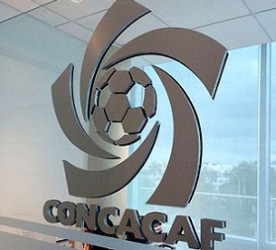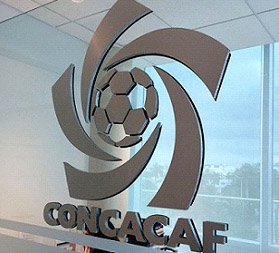ZURICH, Switzerland, CMC – Troubled continental governing body, CONCACAF, yesterday signed off a six-point package of reforms designed to enhance its overall governance structure and guard against future corruption scandals.

CONCACAF, the continental governing body for football in North, Central American and the Caribbean, has been racked by corruption scandals over the past year starting with the high profile arrests of its then president Jeffrey Webb last June and his successor Alfredo Hawit last December.
Webb has since pleaded guilty to corruption charges and forfeited nearly US$7 million in a plea deal while Hawit is currently facing charges in a New York court.
“The reforms passed today go further than ever before to incorporate essential principles of good governance and compliance into CONCACAF’s statutes,” CONCACAF said in a statement.
“However, it is only the beginning of the equally important process of changing the culture of how football is governed and administered by implementing these reforms in a meaningful and sustainable way.
“CONCACAF will pursue implementation and enforcement of the reforms with the same determination that led to this important day for football in the region.”
The reforms were first presented in a CONCACAF Reform Framework which was approved by the confederation’s executive committee at a meeting in Vancouver, Canada last July.
They will become effectively immediately, with both CONCACAF and member associations expected to begin implementation.
One of the major reforms approved by members is the creation of the CONCACAF council which will replace the current executive committee in April.
Council members will have 12-year term limits – consecutive or non-consecutive – and will be required to undergo eligibility checks by a yet-to-be formed independent Ethics Committee, before their candidacy can be approved.
The raft of changes also impact the compensation, governance, audit and compliance, and finance committees which will all now benefit from independent oversight.




